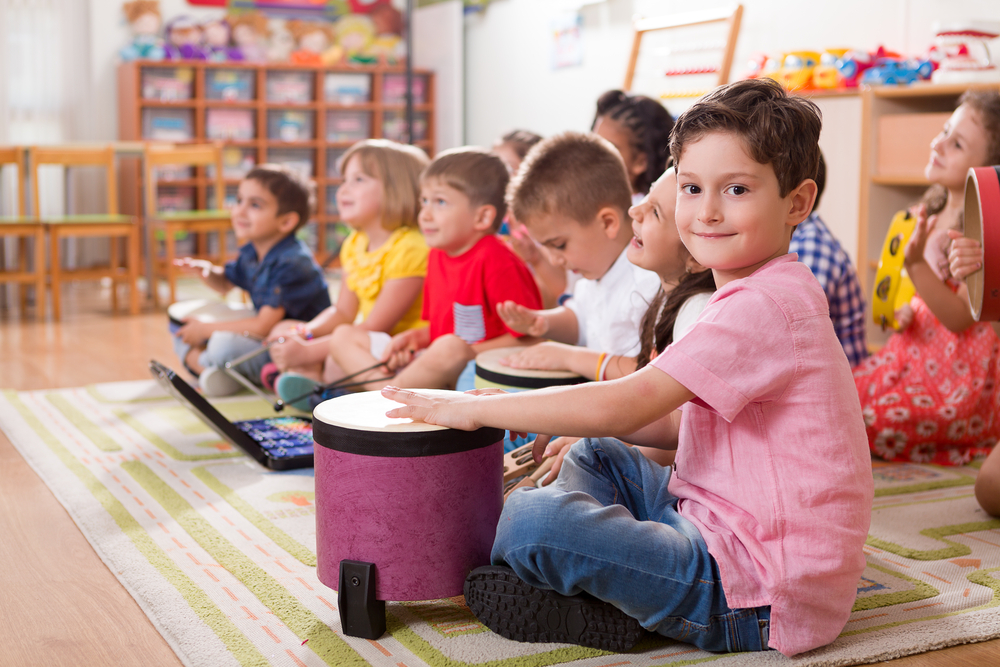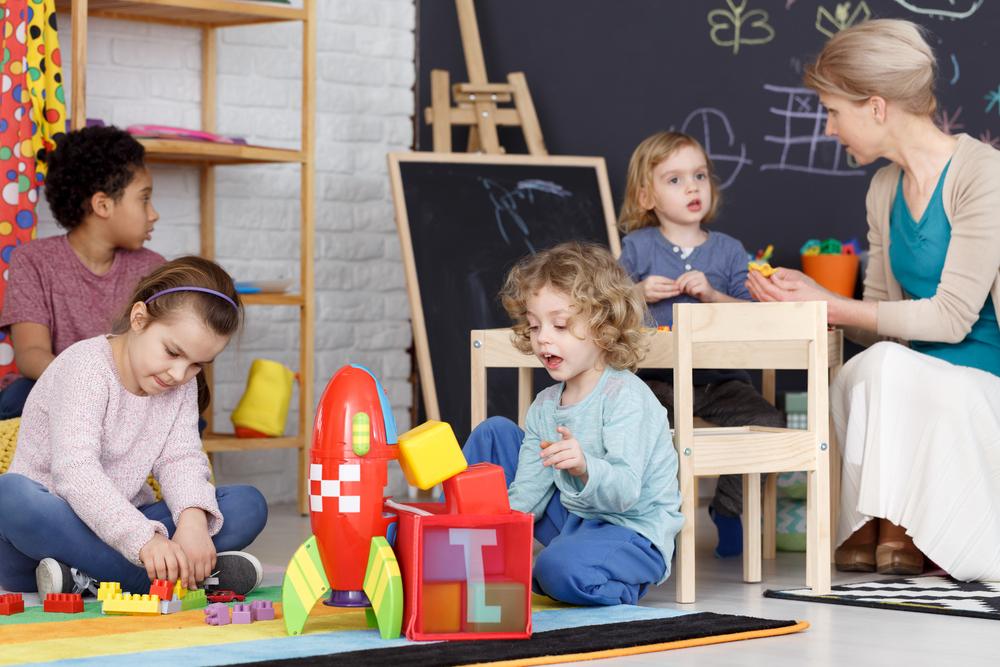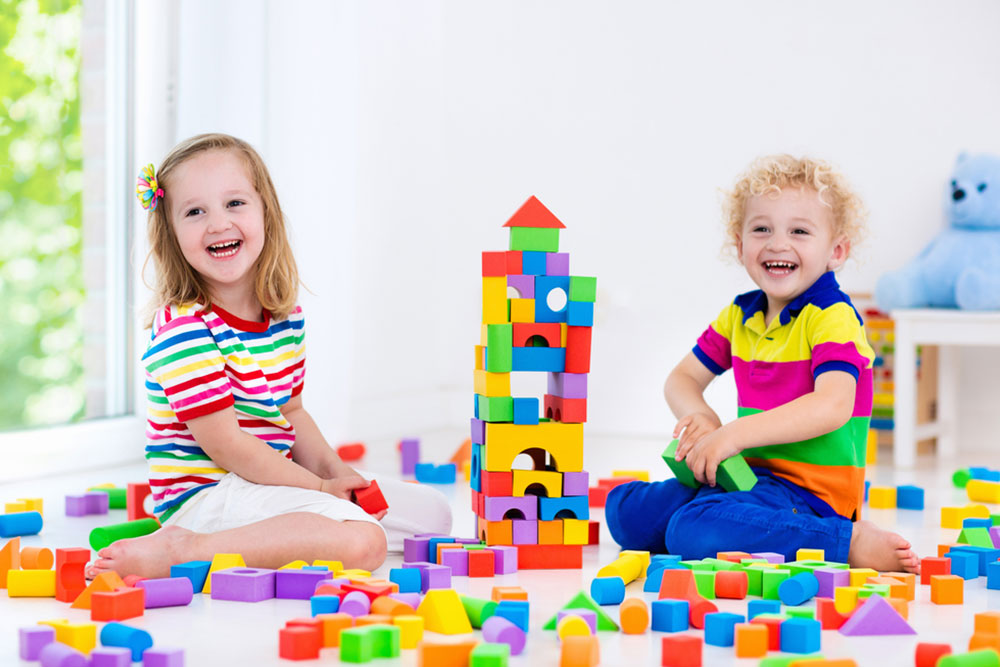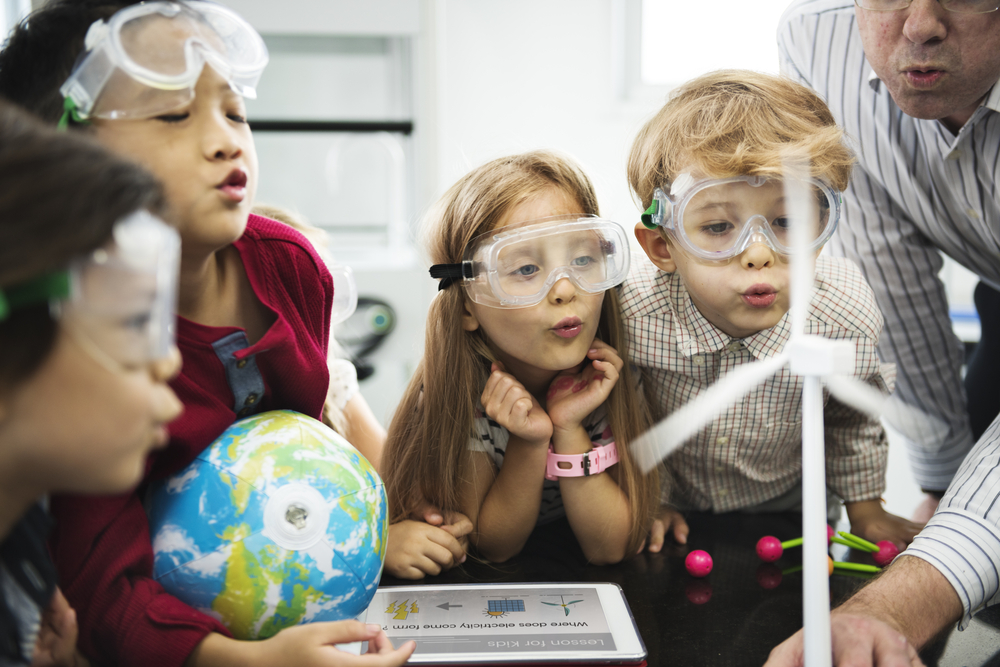The Importance of Choosing a High-Quality Preschool for Your Child’s Development
Discover the comprehensive benefits of enrolling your child in a high-quality preschool program. From fostering social skills and emotional resilience to developing independence and academic readiness, quality preschools lay a crucial foundation for your child's future success. Learn how the right preschool environment nurtures confidence, teamwork, and creativity, ensuring your child's holistic development and lifelong love for learning.

The Vital Role of Enrolling Your Child in a Reputable Preschool Program
Early childhood is a foundational period that significantly influences a child's future. During these years, children develop essential social, emotional, cognitive, and motor skills that set the stage for lifelong learning and well-being. Selecting a high-quality preschool offers numerous advantages that go beyond basic education, shaping a child's personality, attitudes, and readiness for future academic challenges.
This comprehensive article explores the importance of enrolling your child in a reputable preschool, highlighting the numerous benefits it provides in fostering social competence, emotional resilience, cognitive development, and positive behavior patterns. From building social relationships to encouraging independence, quality preschools lay a strong groundwork that prepares children not only for school success but also for personal growth throughout their lives.
The Fundamental Benefits of High-Quality Preschool Enrollment
Promoting Social Skills and Peer Relationships
One of the most noticeable advantages of preschool is the opportunity for children to interact with peers in a supervised environment. Social interactions at this stage help children learn how to share, cooperate, and communicate effectively. These skills are crucial for building friendships, reducing social anxiety, and developing empathy. Early peer relationships also foster a sense of belonging and help children navigate different social settings with confidence.
Enhancing Emotional Development and Self-Confidence
Preschool provides a safe space where children can explore their emotions, express themselves, and develop resilience. Well-structured programs focus on creating positive experiences that nurture self-esteem and independence. As children succeed in various tasks, their confidence grows, encouraging them to take on new challenges without fear of failure.
Learning Cooperation and Teamwork
Through group activities, preschoolers learn to collaborate, negotiate, and respect others’ opinions. These experiences teach children the importance of teamwork, patience, and shared responsibility. Such skills are vital in school settings and later in life, helping children work effectively within diverse groups and develop leadership qualities.
Building Respect and Social Etiquette
Activities designed for preschoolers often incorporate lessons about respect for others, property, and their environment. These lessons cultivate good manners, politeness, and social graces, laying a foundation for positive interactions in all areas of life. A preschool environment that emphasizes respect and courtesy helps children internalize these values naturally.
Improving Focus, Attention, and Cognitive Skills
Young children often find it challenging to stay attentive for extended periods. Preschools employ engaging activities that balance learning with play, teaching children how to listen, follow instructions, and stay engaged. These activities contribute significantly to developing focus and attention span—skills that are essential for academic success and lifelong learning.
Supporting Holistic Development and Creativity
High-quality preschools foster not just academic skills but also creativity, problem-solving abilities, and independence. Through arts, music, and exploratory play, children learn to think creatively and develop a love for learning. The nurturing environment encourages curiosity, innovation, and a growth mindset, essential traits for adapting to future educational challenges.
Developing Independence and Self-Help Skills
Preschool programs often include routines and responsibilities that promote independence—such as dressing, cleaning up, and sharing. These activities help children develop self-help skills and confidence in managing daily tasks, preparing them for more advanced educational settings and real-world challenges.
Preparation for Future Academic Success
Enrolling children in quality preschools ensures they acquire the foundational skills needed for elementary school and beyond. Early literacy and numeracy, along with social competencies, prepare children to transition smoothly into formal education, reducing anxiety and promoting a love for learning.
Creating a Nurturing and Safe Environment
Quality preschools prioritize safety, well-being, and emotional support. They employ trained staff who understand child development and are skilled in creating inclusive, engaging, and nurturing spaces. This environment encourages children to explore, learn from mistakes, and develop resilience.
In conclusion, choosing the right preschool is a critical decision that influences nearly every aspect of a child's early development. A reputable preschool program provides essential social, emotional, and cognitive experiences that shape well-rounded, confident, and capable individuals. Investing in quality early childhood education unlocks a child's full potential, setting the stage for lifelong success and happiness.





